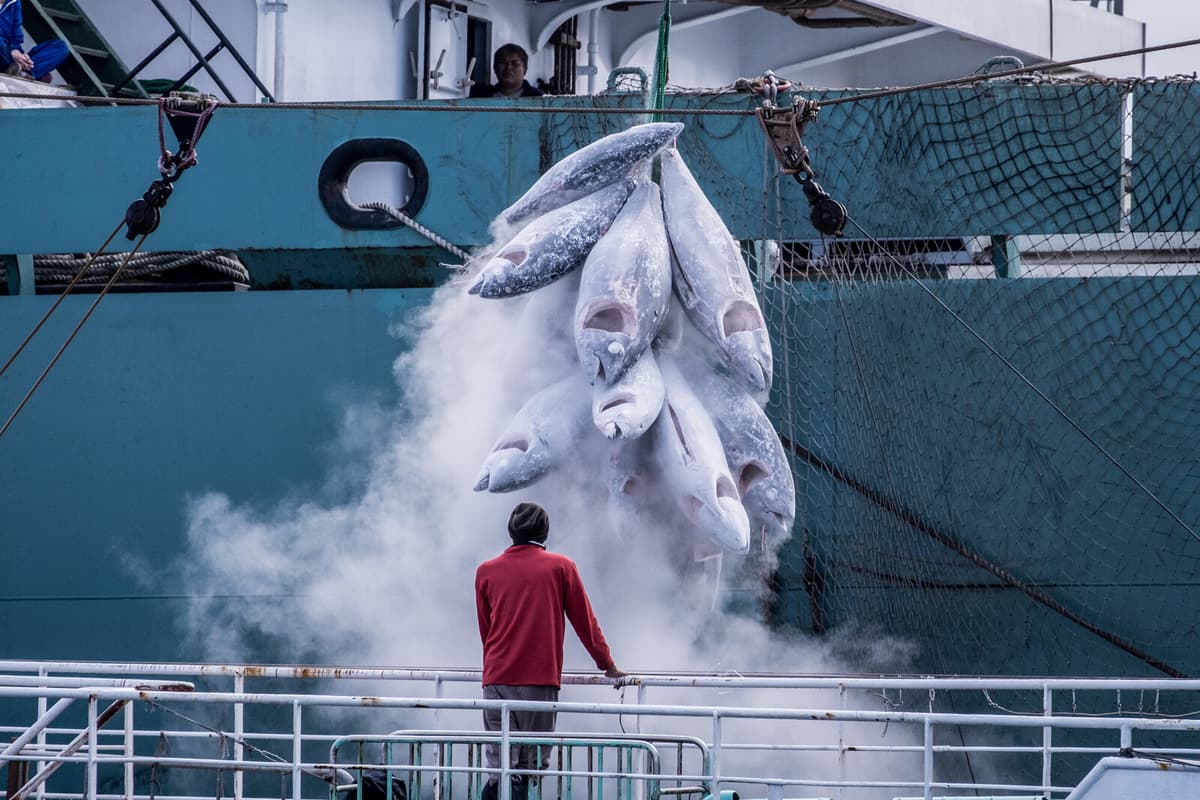There are 569 refrigerated vessels used by the fishing industry, sailing around the world's oceans as a significant player in the fish and shellfish industry. Fishing boats unload their catch to the refrigerated vessels, and can thereby spend longer periods at sea.
There is much that happens at sea that we know very little about, says Frida Bengtsson, researcher at Stockholm University, who, together with colleagues, has mapped the vessel owners.
Been able to launder fish
On board the refrigerated vessels, it is not uncommon for the catch to be mixed, before being transported to one or more harbors.
This makes it difficult to trace the fish, and also allows actors who want to engage in illegal activities to launder their fish in this way, says Bengtsson.
Previously, one could certainly know which flag the vessel was flying, but not much more. In the mapping, the real owners behind the transshipment vessels have been revealed.
Relatively few
It involves 324 actors, of which ten large ones account for nearly a quarter of all transshipments globally. The fleet, which is not more shady than the rest of the shipping industry, is primarily controlled by owners in Russia, China, and Greece.
Many vessels are registered as a separate company, which can be a mailbox company in Panama, says Bengtsson and continues:
But what we see is that behind it stands an owner who may be in Greece, she says.
Since the owners are relatively few – especially if one breaks it down by which part of the sea they are active in – one can try to influence them to improve their operations. In that way, traceability can become better, and fishing more sustainable.
We hope that what we have done here now can contribute positively to that work, says Frida Bengtsson.
Facts: Refrigerated vessel owners mapped
TT
Researchers at the Stockholm Resilience Centre at Stockholm University, Stanford Center for Ocean Solutions, and University of British Columbia have conducted the mapping.
Most refrigerated vessels used by the fishing industry have Russian owners (196 vessels) followed by China (82) and Greece (48).
The study has been published in the scientific journal Science Advances, and the researchers have also built a database where one can, among other things, see where the refrigerated vessels have been located.






